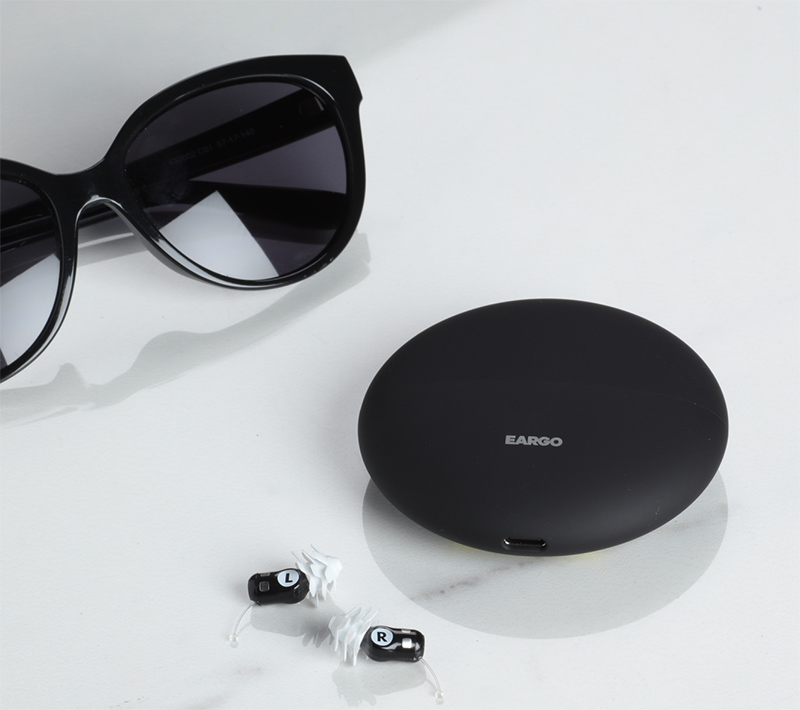Eargo raises $52M for virtually invisible, rechargeable hearing aids
Eargo wants to become the ultimate consumer hearing brand.
The company’s small and virtually invisible direct-to-consumer hearing aids, which come in an AirPods-style chargeable case, are designed to help destigmatize hearing loss. One month after revealing its newest product — the Eargo Neo ($2,550), which can be customized remotely via the case’s Bluetooth connectivity — the startup has closed a $52 million Series D, bringing its total raised to date to $135 million.
The latest round of capital comes from new investor Future Fund (Australia’s sovereign wealth fund) and existing investors NEA, the Charles and Helen Schwab Foundation, Nan Fung Life Sciences and Maveron.
Headquartered in San Jose, Eargo, which counts 20,000 users, will use the cash to continuing crafting and innovating new products targeting baby boomers. The newly-launched Eargo Neo is the business’s third line of high-tech hearing aids. The first, Eargo Plus ($1,450), was released in 2017 and the Eargo Max ($2,510) was launched the following year.
“We can see that the product is really making a difference for users,” Eargo chief executive officer Christian Gormsen told TechCrunch. “We have the opportunity to really create a leading brand in the consumer hearing health space.”

Roughly 48 million Americans, or 20 percent of the population, suffer from hearing loss but, aside from some Medicare Advantage programs, insurance companies provide no reimbursement for hearing aids. Despite high price tags — this is expensive tech — Eargo’s priority is still to make its hearing aids as accessible as possible and to send a message that there’s nothing wrong with admitting to hearing loss.
“Getting a hearing aid feels like admitting a defeat like there’s something wrong with you but that’s not true, hearing loss is natural and happens,” Gormsen said. “The number one challenge for the entire industry is awareness. There is so little knowledge about hearing loss out there; it’s such a stigmatized category and how do you change that? The current channel doesn’t do anything to address it, the only way you can address it is through education and communication.”
“I think we’ve come far, but we are looking at 48 million Americans and we are still barely scratching the surface.”

